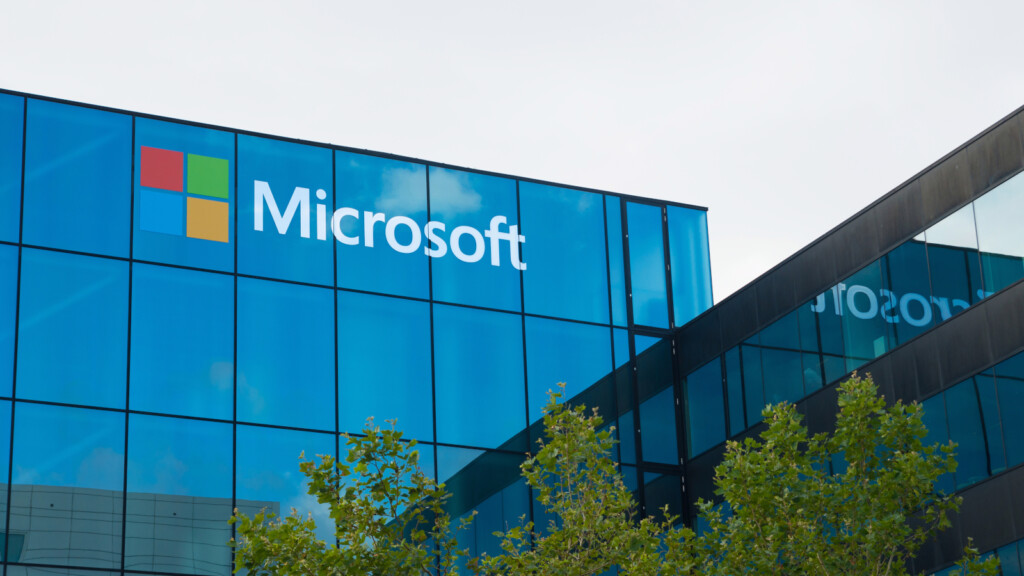
Is it Possible to Go Completely Open Source?
Could you go completely Open Source? There are a lot of people out in the world who have an unbridled passion for Open Source software. This special class of software doesn't cost you any money to get. You can make as many copies as you like and use it for any purpose.
Open Source software is community-supported and driven. It's provided tools for developing countries, runs much of the back end of the web and is essential for scientific research.
In general, Open Source software is pretty fantastic then, but what does that mean for you? Again, could you go completely Open Source?
Why Would You Want to Go Open Source?
We have a much longer article explaining the pros and cons of Open Source, but there are some short and sweet-talking points you'll hear often.
Open Source software is very cost-effective since you don't have to pay anything to use it. When you buy a Windows laptop, a significant part of the price tag is for Windows itself. Buy a laptop with Ubuntu Linux and you don't have to worry about that. You can get Open Source applications for just about every category of use.
Apart from being cost-effective, Open Source software has some serious privacy advantages. Since the code of the software is written in is completely open to anyone, the community can confirm that there's nothing nasty hidden away there.
Since no one has ownership of the software, it also means there's no one that's going to steal your information and resell it. That doesn't mean all Open Source software is automatically privacy friendly, just that anyone can investigate whether this is the case.
But, could you make the switch to Open Source completely? Let's unpack what that entails.
Losing Access to Popular Software
If you switch from Windows or macOS to an Open Source operating system like Ubuntu Linux, it means that software designed for other operating systems won't work.
Now, there ARE ways to get Windows apps to work in Linux. WINE is the most common method, but there are no guarantees that it will work well. Gamers, in particular, are pretty limited in their options when it comes to Linux. Valve is doing a lot with its SteamPlay initiative to combat this, but if you are a Windows PC gamer, going the Open Source route represents some major sacrifices.
There are also specialized professional programs that will only work on Windows or Mac. If you rely on these packages making the shift to Linux may not be possible.
The Learning Curve
Most people have spent the bulk of their computing lives either using Windows or macOS. While something like Ubuntu Linux is designed to make that transition as easy as possible, there's still quite a bit of learning to do for those making the jump. The scariest thing is the use of seemingly-arcane command-line functions. While modern Linux still has some of this, you generally don't have to use it as a regular user. In fact, Windows itself has a command line that power users love to whip out when doing impressive things quickly.
It goes beyond operating systems as well. There are many excellent Open Source software packages out there, but they aren't carbon copies of the commercial packages they compete with. Which means that the way they work may differ. Often Open Source alternatives to programs like Photoshop will honor industry conventions, but some things are going to be different and require that you learn them again.
A Lack of Polish
That brings me to another potential roadblock for those who are considering the Open Source leap. Software from big names like Microsoft and Apple benefit from massive R&D budgets. Open Source software is usually written by volunteers who contribute code. These days the development of Open Source programs is managed pretty efficiently thanks to modern online collaboration tools. However, Open Source development teams rarely put the time, effort and research into the user experience that a trillion-dollar company such as Apple does.
Given this fact, it's actually pretty amazing that the typical Open Source application is so eminently usable. However, coming from the well-heeled lands of commercial software development to the more austere Open Source world can be a major adjustment. Which is exacerbated by another potential issue.
When You Need Help
When something goes wrong with your Open Source package, who you gonna call? If your software was made by Adobe or Microsoft, there's a customer care line to dial. A part of the money you paid for that software goes to supporting the trained people who will help make things right again.
Troubleshooting as an Open Source user is very different. The only people who can really help you are the community behind the application. A group of people who are passionate, but under no obligation to fix your issue.
So unless you are tech-savvy enough to find and fix the problem, you're in for a treat. Trawling forums for other people with similar issues or asking for help on those selfsame sites, with no idea if or when anyone will get back to you.
Who Should Go All-in?
Going all Open Source is pretty commendable. There's a real freedom fighter aspect to it and from a privacy perspective, it makes sense to take away support for the companies that might not be treating our information with the respect that it deserves.
That said, I think there are a few classes of users who are best-suited to taking the plunge and using nothing but Open Source software.
Activists and Activist-adjacent Users
If you aren't a fan of corporations or governments, then you probably also aren't a fan of how using modern technology can give either of those two actors a window into what you are doing in private. People like the Edward Snowdens of the world are better off sticking to Open Source Software as far as possible.
Students and Other Budget Users
Personal computing can be expensive, but it's also essential for any modern human to live and work in society. FOSS software allows those with very limited budgets to spend their money on good hardware and still have access to all the most important software functions they need.
Academics and Researchers
Open Source culture and software has an intimate history with science and academia. Academics often create software using university resources and then release them as Open Source downloads so that the entire field can make use of them. If anyone should support Open Source software, it's this class of users. Most importantly, you can be assured of the integrity of your tools and that you can modify and improve the software without needing the help of a private organization.
The Mixed Approach
Is it physically possible for you to do all the things you already do with your computer? But using only Open Source software? The answer is "yes"! However, that doesn't mean it's easy and it certainly doesn't mean that it's right for everyone.
For most people, the best approach is to use a mix of various software packages. Some will be proprietary and others Open Source. Most people will probably stick with Windows at first, but why not try out a FOSS office suite? Little steps might be the way to eventually go completely FOSS.
Have you been thinking of going totally open? Let us know down below in the comments. Lastly, we’d like to ask you to share this article online. And don’t forget that you can follow TechNadu on Facebook and Twitter. Thanks!














